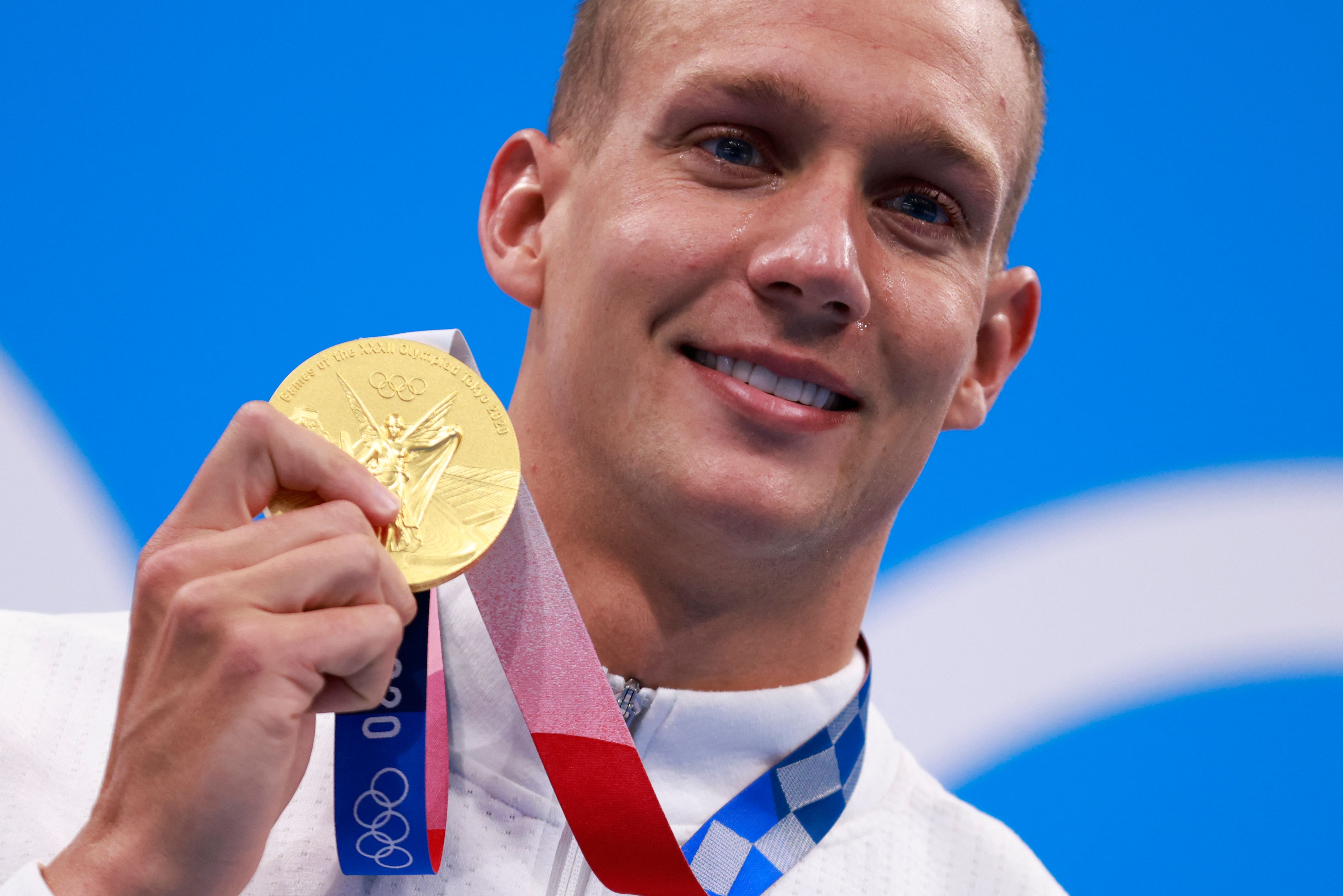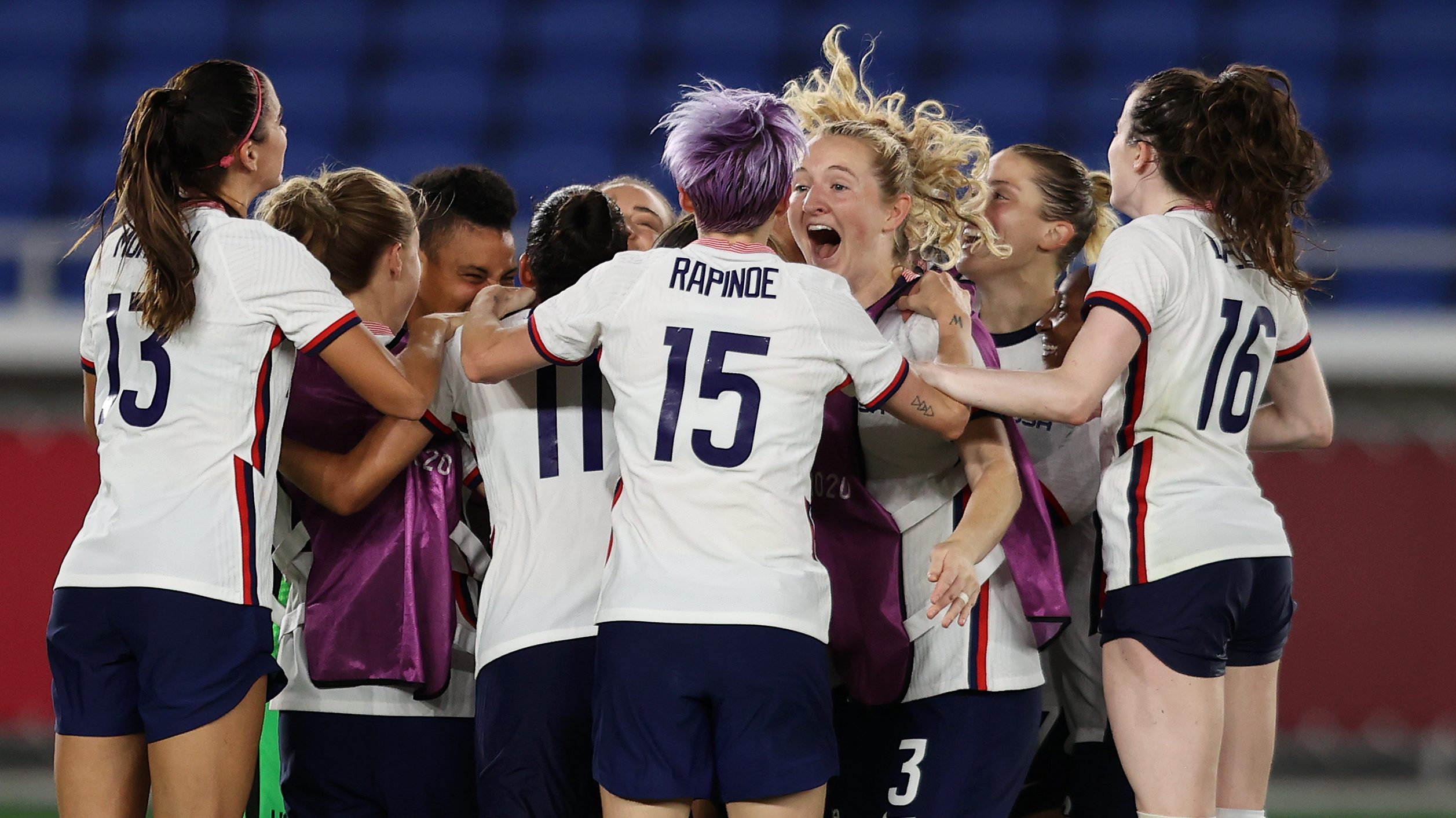After losing not one, but two races to Russian swimmers at the Tokyo Olympics, American backstroke star and Illinois-native Ryan Murphy questioned Friday if all his competitors are clean.
Seeming to take aim at a country that has repeatedly run afoul of doping rules, Murphy, of Palos Heights, revealed his frustration after taking the silver medal behind Evgeny Rylov in the 200-meter backstroke.
Murphy — who swept the backstroke events at the 2016 Rio Games — had also settled for a bronze in the 100 back three days earlier losing to both Rylov and another Russian, Kliment Kolesnikov.
“It is a huge mental drain on me to hear I'm swimming in a race that's probably not clean,” Murphy said. “That is what it is.”
But later, at a news conference with fellow medalists Rylov and third-place finisher Luke Greenbank of Britain, Murphy said he was not accusing the Russian of doping.
“I need to be clear,” he said. “My intention is not to make any allegations here. Congratulations to Evgeny, congratulations to Luke. They both did an incredible job. They’re both very talented swimmers. They both train real hard and they’ve got great technique.”
Rylov, who has long been one of the world’s top backstrokers, denied being involved in any doping schemes.
“I have always been for clean competition,” he said through a translator. “I’m tested. I fill out all the forms. I’m for clean sport. I’ve been devoting my whole life to this (sport).”
Feeling out of the loop? We'll catch you up on the Chicago news you need to know. Sign up for the weekly> Chicago Catch-Up newsletter.
Rylov didn’t feel like he was the target of Murphy’s frustration, even after beating him twice in Tokyo. The Russian is a two-time world champion in the 200 back, and he also pulled off a 100-200 sweep at the 2019 championships.
“Ryan has all the right to think the way he does and say what he does,” Rylov said. “He did not accuse me of anything. That’s why I don’t have anything against him.”
The ROC Twitter account addressed Murphy's comments, writing in part in Russian:
“Yes, we are here at the Olympics. Absolutely right. Whether someone likes it or not. But you have to be able to lose. But not everyone is given this. The old barrel organ started the song about Russian doping again …"
Russia has been the most prominent target of the anti-doping movement after revelations that it launched a massive state-sponsored program to elude testers ahead of the 2014 Sochi Winter Games.
The country was forced to send depleted squads to the last two Olympics, and those that did compete at the 2018 Pyeongchang Winter Games were referred to as OAR — Olympic Athletes From Russia.
Then, just when Russia appeared to be patching up its relationship with the rest of the world, more anomalies emerged from the files at Moscow's anti-doping lab.
Investigators from the World Anti-Doping Agency found evidence had been deleted and spurious information added, including fake messages designed to tarnish the name of WADA’s star witness, former lab director Grigory Rodchenkov.
The new revelations resulted in a four-year sanction against the country, but Russia denied any wrongdoing and the penalty was cut in half by the Court of Arbitration for Sport.
Most Russian athletes were allowed to compete at Tokyo, even though they officially represent the Russian Olympic Committee — not their country.
Critics have pointed out that the punishment lacks any real bite, since Russian teams are wearing full national colors. Their flag is banned and their national anthem can't be played during medal ceremonies, but they do get music from Russian composer Tchaikovsky.
Two Russian swimmers, Alexandr Kudashev and Veronika Andrusenko, were initially banned from competing in Tokyo by world governing body FINA because of evidence gathered from the Moscow lab.
But, just days before the opening ceremony, CAS cleared both swimmers to take part in the Olympics.
Andrusenko has competed in four events at Tokyo, while Kudashev took part in two races. Neither won a medal.
After his victory in the 200 individual medley, China's Wang Shun was asked about the doping issue. His country's swimmers were involved in a massing doping scandal in the 1990s, and China's best-known swimmer, Sun Yang, was banned from the Tokyo Games because of a doping violation.
“The Chinese are against doping,” Wang said through a translator. “We adopt a zero tolerance towards that.”
Asked if the penalties against the Russians were sufficient, Murphy said, “When I’m asked a question like that, I’ve got like 15 different thoughts — and 13 of them would get me into a lot of trouble.”
“I do believe there’s doping in swimming,” he added.




